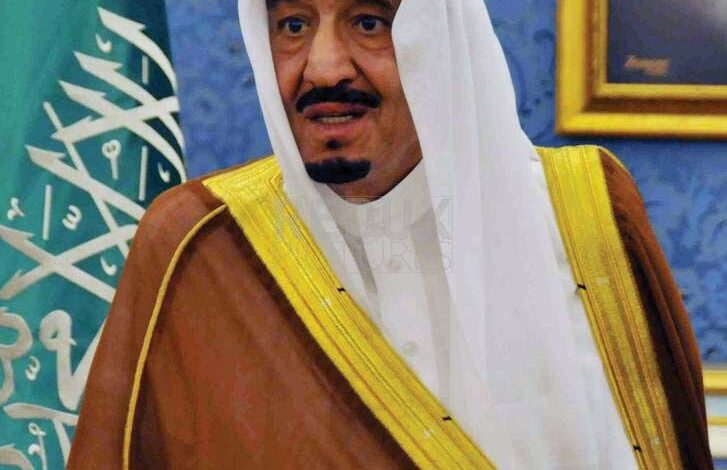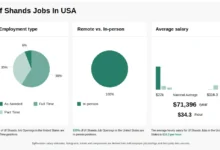King Arab Saudi

The Kingdom of Saudi Arabia, under the leadership of its monarch, the King, has undergone significant transformations in recent decades. The country’s strategic location, vast oil reserves, and rich cultural heritage have positioned it as a pivotal player in global politics, economy, and Islamic affairs. The role of the King in Saudi Arabia is multifaceted, encompassing not only the position of head of state but also the custodian of the two holy mosques, emphasizing the monarch’s religious significance. Understanding the institution of the King in Saudi Arabia requires delving into the country’s history, its political system, and the challenges it faces in the modern era.
Saudi Arabia’s history is deeply intertwined with the story of its founding father, Abdulaziz bin Abdul Rahman, also known as Ibn Saud. Through a series of conquests and alliances, Ibn Saud unified various tribes and territories, eventually declaring the establishment of the Kingdom of Saudi Arabia in 1932. Since then, the monarchy has been hereditary, with the throne passing down through the generations of the House of Saud. The current king, Salman bin Abdulaziz Al Saud, has been in power since 2015 and has introduced several reforms aimed at diversifying the economy and modernizing the society, under the vision known as Saudi Vision 2030.
Key Points
- The King of Saudi Arabia serves as the head of state and the custodian of the two holy mosques, emphasizing the monarch’s significant religious role.
- Saudi Arabia’s political system is based on Islamic law, with the Quran and the Sunnah serving as the country’s constitution.
- The country is undergoing significant economic and social reforms under Saudi Vision 2030, aiming to reduce dependence on oil exports and develop public service sectors.
- The King’s role in foreign policy is crucial, with Saudi Arabia playing a key role in regional and global affairs, particularly in the Middle East and the Islamic world.
- Challenges facing the monarchy include balancing modernization with traditional values, managing the country’s vast oil wealth, and navigating complex geopolitical relationships.
The Role of the King in Saudi Arabia’s Political System

The political system of Saudi Arabia is unique, with the King holding significant executive powers. The system is based on Islamic law, and the King’s position is legitimized by his role as the custodian of the two holy mosques in Mecca and Medina. The monarch is advised by the Council of Ministers and the Majlis ash-Shura (Consultative Assembly), but the final decision-making authority rests with the King. This system has been in place since the founding of the Kingdom and is seen as a key factor in maintaining stability and continuity.
Saudi Arabia’s Economic Challenges and Reforms
Saudi Arabia’s economy has been heavily reliant on oil exports, which has made it vulnerable to fluctuations in the global oil market. Recognizing this challenge, the current King, Salman, and his son, Crown Prince Mohammed bin Salman, have launched an ambitious plan known as Saudi Vision 2030. This vision aims to diversify the economy, develop the private sector, and reduce the country’s dependence on oil exports. Key initiatives include investments in renewable energy, tourism, and manufacturing, as well as reforms to increase the participation of women in the workforce and to enhance the business environment.
| Category | Data |
|---|---|
| Economic Diversification | Target to increase the private sector’s contribution to GDP from 40% to 65% by 2030 |
| Renewable Energy | Aim to generate 50% of the country’s power from renewable sources by 2030 |
| Women in the Workforce | Goal to increase women’s participation in the workforce from 22% to 30% by 2030 |
Foreign Policy and Global Relations
Saudi Arabia’s foreign policy is shaped by its strategic location, its role as a major oil producer, and its position as the custodian of the two holy mosques. The King plays a crucial role in foreign policy, with decisions on international relations, defense, and security being made at the highest levels of government. Saudi Arabia has been a key player in regional organizations such as the Gulf Cooperation Council (GCC) and has played a significant role in international affairs, including peace efforts in the Middle East and counter-terrorism initiatives.
Challenges in the Middle East
The Middle East region is characterized by complex geopolitical dynamics, with several countries facing political instability, conflict, and economic challenges. Saudi Arabia has been involved in several regional conflicts, including the war in Yemen, and has been a key player in efforts to counter the influence of Iran in the region. The King’s ability to navigate these challenges while maintaining stability at home will be crucial for the country’s future.
In conclusion, the role of the King in Saudi Arabia is multifaceted and critical to the country’s political, economic, and social stability. As Saudi Arabia continues to evolve and face new challenges, the monarchy will need to balance tradition with modernization, ensuring that the country remains a pivotal player in regional and global affairs.
What are the main goals of Saudi Vision 2030?
+
Saudi Vision 2030 aims to diversify the economy, develop the private sector, and reduce the country’s dependence on oil exports. It also includes initiatives to increase the participation of women in the workforce, enhance the business environment, and develop the tourism and renewable energy sectors.
What is the significance of the King’s role as the custodian of the two holy mosques?
+
The King’s role as the custodian of the two holy mosques in Mecca and Medina emphasizes the monarch’s significant religious role and legitimacy. It also underscores Saudi Arabia’s position as a leader in the Islamic world and its responsibility to protect and serve the holy sites.
How does Saudi Arabia’s foreign policy impact its relations with other countries?
+
Saudi Arabia’s foreign policy is shaped by its strategic location, its role as a major oil producer, and its position as the custodian of the two holy mosques. The country’s relations with other nations are influenced by its efforts to maintain stability in the region, counter terrorism, and promote its economic and political interests.








